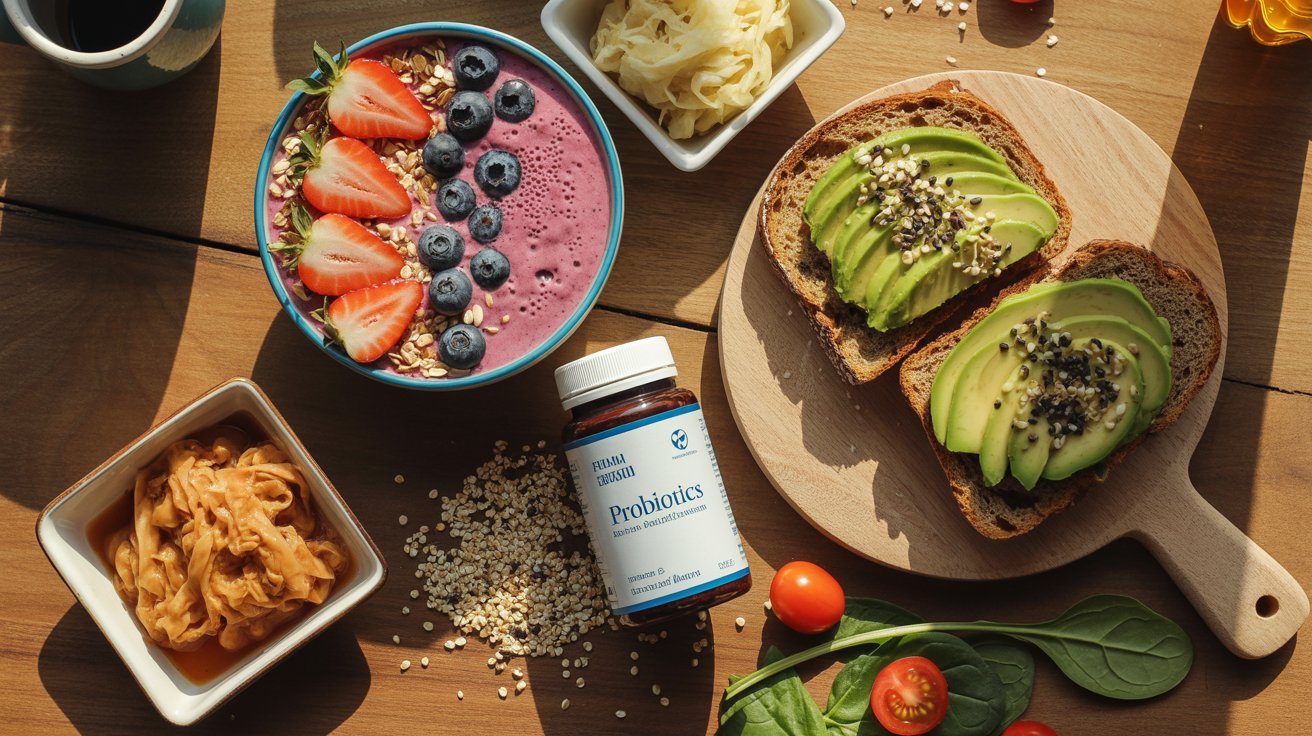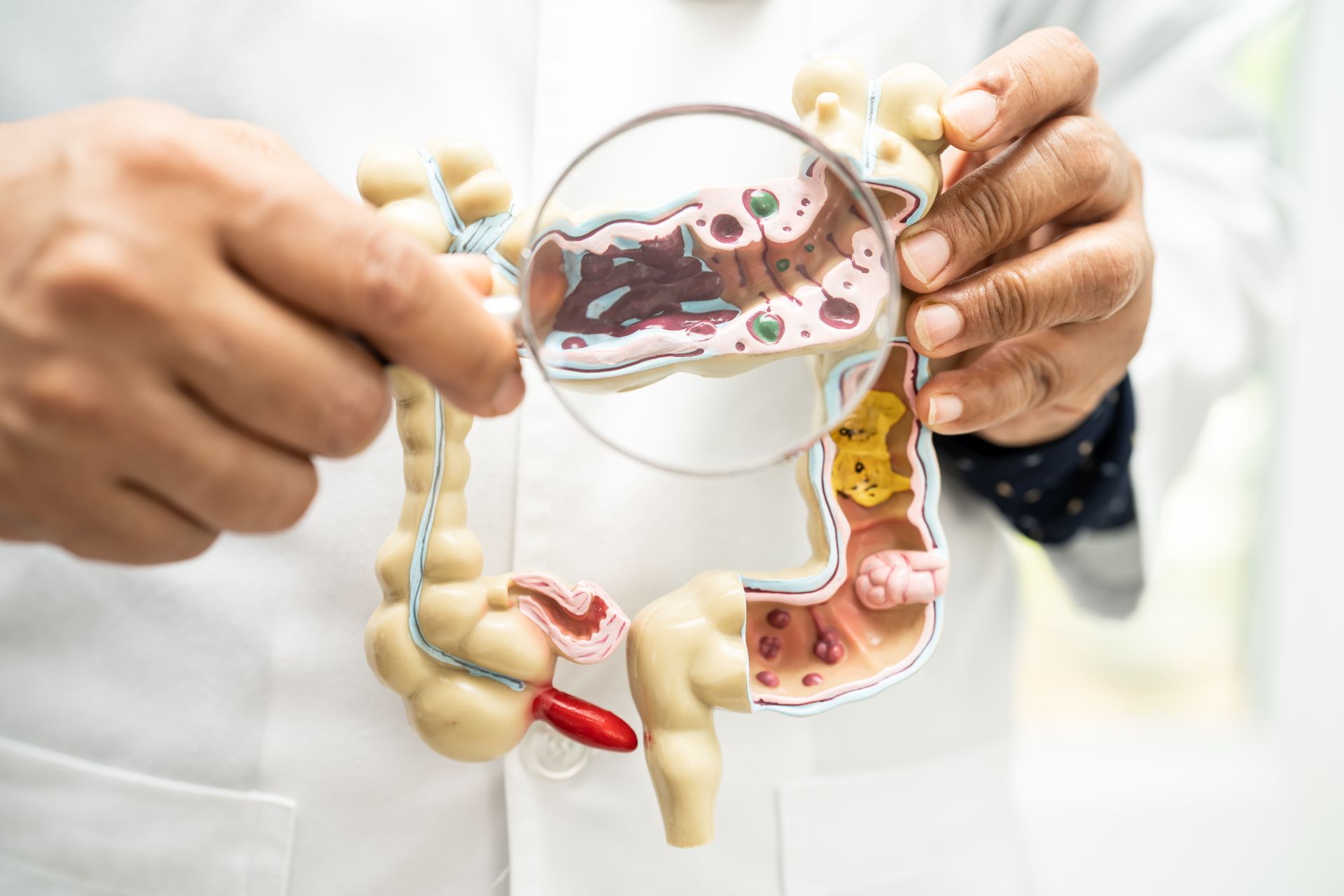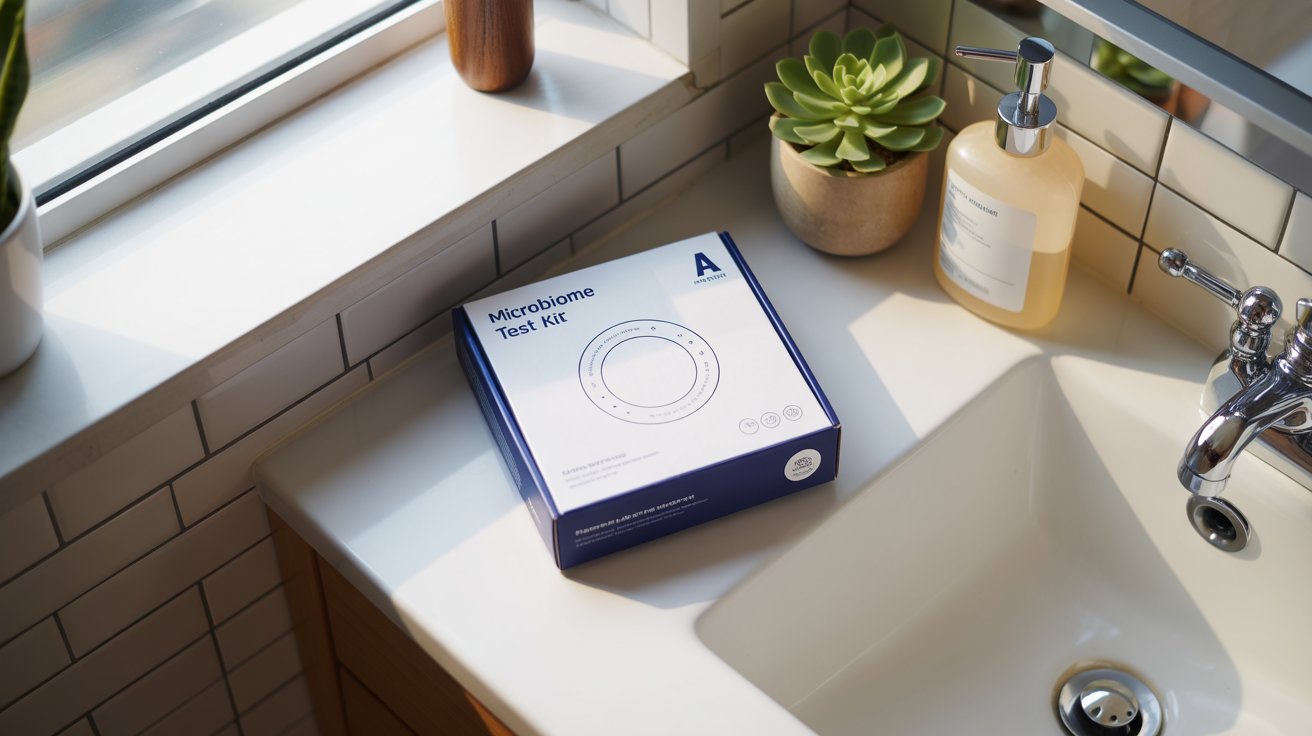Gut health and autoimmune diseases may seem like separate issues, but research tells a different story. Your gut isn’t just digesting dinner—it’s shaping your immune system, influencing whether it defends you or turns on you.
If you’ve ever wondered why autoimmune diseases seem to come out of nowhere—or why one person might develop multiple autoimmune issues while another doesn’t—you’re not alone. Science is starting to point toward an unexpected culprit that lives right in your belly: your gut microbiome.
Yes, the trillions of bacteria (plus some viruses and fungi) living in your gut might just be the gatekeepers of your immune system. And when things go sideways in that microbial world, the results can ripple throughout your entire body. Today, we’re breaking down the fascinating connection between gut health and autoimmune diseases—and what you can actually do about it.
What Autoimmune Diseases Really Are (And Why They’re So Complex)

Autoimmune diseases happen when your immune system, which is supposed to protect you, gets its signals crossed and starts attacking your own tissues. Instead of recognizing what’s “you” and what’s “not you,” the immune system can no longer tell the difference between friend and foe.
And while genetics do play a role, they don’t tell the whole story. Environmental factors—including what you’re exposed to, what you eat, and what’s going on inside your gut—are now being recognized as powerful triggers.
Your Gut: The Forgotten Organ That Might Hold the Key

Your gut isn’t just a digestive tube—it’s a communication center that talks to your brain, your hormones, and yes, your immune system. In fact, around 70% of your immune cells live in your gut. That makes your microbiome a major player in immune training and tolerance.
The gut microbiome helps your immune system learn the difference between harmless things (like food or your own cells) and real threats (like pathogens). When your gut is balanced, this system works beautifully. But when dysbiosis (microbial imbalance) sets in, the immune system can get overactive—and that’s where autoimmune trouble begins.
How Gut Dysbiosis Fuels the Autoimmune Fire

When your gut bacteria are out of balance—too many harmful microbes, not enough beneficial ones—the immune system tends to overreact. It ramps up inflammation, activates the wrong cells (like Th17 and Th1), and suppresses the ones that help keep the peace (like regulatory T cells).
This dysbiosis can lead to a “leaky gut,” where the tight barrier in your intestinal lining becomes permeable, allowing food particles, toxins, and even microbes to pass into the bloodstream. Your immune system sees these as invaders and goes on the attack—which may include attacking your own tissues by mistake.
Autoimmune Diseases Most Linked to Poor Gut Health

Here are some of the autoimmune diseases with the strongest connections to gut dysbiosis:
- Hashimoto’s thyroiditis – Associated with imbalances in Lactobacillus and increased gut permeability.
- Rheumatoid arthritis (RA) – Certain gut bacteria like Prevotella copri have been linked to increased RA risk.
- Type 1 diabetes (T1D) – Changes in gut barrier integrity and decreased butyrate-producing bacteria precede onset.
- Multiple sclerosis (MS) – Imbalances in microbial communities influence T cell activity in the central nervous system.
- Systemic lupus erythematosus (SLE) – Increased gut permeability and altered Lactobacillus species appear early in disease.
- Inflammatory bowel diseases (IBD) – These are gut-based autoimmune diseases where microbial imbalance is both a trigger and a consequence.
These aren’t just correlations. In mouse models, scientists have triggered these diseases by transplanting “sick” microbiomes into healthy animals—or prevented disease by restoring a healthy microbiome.
Is It All in Your Genes? Not Exactly

Yes, genes matter. But genes are like the loaded gun—your environment pulls the trigger. Many people have a genetic predisposition to autoimmune disease, but only some go on to develop it. Why? Because of environmental factors like:
- Diet (especially Western diets high in sugar and processed foods)
- Toxin exposure (pesticides, heavy metals)
- Antibiotic overuse (which alters gut flora)
- Stress
- And, of course, the microbiome
What’s fascinating is that the microbiome appears to mediate the effect of these environmental triggers. That makes it a potential target for prevention—even before disease shows up.
Can Bacteria Really Cause Autoimmune Disease? Experimental Clues

It sounds like sci-fi, but animal studies have shown that specific bacteria can drive autoimmune disease—especially when the gut lining is compromised.
For example:
- Enterococcus gallinarum has been found in the liver of mice and humans with autoimmune liver disease.
- Segmented filamentous bacteria (SFB) can trigger arthritis and MS-like symptoms in mice.
- Altered gut microbiomes can induce lupus-like symptoms in healthy animals.
Antibiotics, probiotics, and even fecal transplants have all been shown to influence whether or not disease develops in these models.
Real-World Clues: How Probiotics and Antibiotics Shift Outcomes

Human studies are catching up. Here’s what we know so far:
- Probiotics have shown promise in helping regulate inflammation and symptoms in diseases like RA, MS, and ulcerative colitis.
- Antibiotics can help or hurt—depending on the timing, type, and disease. For example, minocycline has been used in RA treatment, while excessive antibiotics in childhood may increase risk for T1D or IBD.
- Early probiotic exposure (like in infancy) may lower the risk of autoimmune diseases in children genetically predisposed.
The most exciting part? The gut microbiome may offer prevention opportunities—not just treatment.
What Fecal Transplants Are Telling Us (Yes, Really)

Fecal microbiota transplantation (FMT) might sound extreme, but it has shown promise in restoring balance to the gut and calming autoimmune conditions like ulcerative colitis and even MS.
When researchers transplant gut bacteria from healthy people into autoimmune patients (or vice versa in mice), symptoms often shift. This further supports the idea that your microbiome is not just a bystander—it’s an active player in disease development.
Leaky Gut and Immune Chaos: The Missing Link?

“Leaky gut,” or increased intestinal permeability, isn’t woo—it’s measurable. People with autoimmune diseases like T1D, MS, and Hashimoto’s often have gut barriers that are compromised before symptoms even show up.
When your gut barrier weakens, immune cells are exposed to things they shouldn’t be seeing. This creates chaos, misfires, and systemic inflammation. In other words: a perfect storm for autoimmunity.
Zonulin, a protein that controls tight junctions in the gut, is often elevated in people with autoimmune diseases—another clue that gut health is directly involved.
How Gut Bugs Trick Your Immune System (Molecular Mimicry 101)

Some gut bacteria wear masks. Okay, not literally—but they do produce proteins that look a lot like your own tissues. This is called molecular mimicry, and it’s one way your immune system might start attacking your joints, thyroid, or brain by mistake.
Examples include:
- Porphyromonas gingivalis (linked to RA)
- Prevotella copri (RA mimicry)
- Roseburia intestinalis (linked to antiphospholipid syndrome)
When combined with a genetic predisposition, these bacteria can tip the immune system into auto-attack mode.
The Road Ahead: What This Means for You

If you’re dealing with an autoimmune disease—or worried about developing one—your gut deserves a seat at the table. Healing isn’t about magic cures or one-size-fits-all protocols. But taking steps to rebalance your microbiome could be a game-changer.
Start with:
- Eating real, whole foods (less sugar, more fiber and healthy fats)
- Avoiding unnecessary antibiotics
- Considering probiotics or fermented foods
- Reducing stress (it really does affect the gut)
- Working with a gut-savvy practitioner to personalize your path
The gut may not be the only root cause of autoimmunity—but it’s one of the most modifiable. And that means you have more control than you think.















